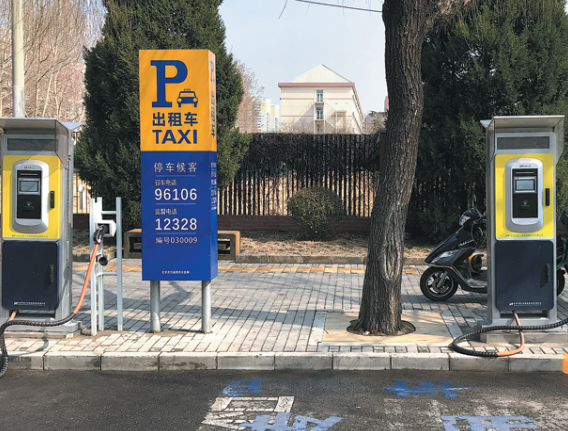Country plans extra measures to boost use of electric cars
By Li Fusheng | China Daily | Updated: 2020-06-01 10:50

Nio said it has built 125 battery swapping stations in 53 cities across China. More than 400,000 of its batteries have been swapped so far. The company said it will build more stations this year.
"With swappable batteries, electric cars have now taken another step forward to challenge the dominance of gasoline vehicles," Nio said.
BJEV, the country's largest electric car maker, was the first to see the large-scale commercialized use of battery swap stations, which mainly serve cars used as electric taxies. By the end of 2019, it had more than 16,000 electric vehicles capable of swapping batteries across 15 cities. These included Beijing, Xiamen in Fujian province and Lanzhou in Gansu province.
BJEV said it will put another 30,000 of these vehicles on streets across China in 2020. The number of swap stations will grow from 187 in 2019 to 300 in 2020, it claimed.
Late last year, the company said it will invest more than 10 billion yuan ($1.4 billion) in building 3,000 battery swap stations by the end of 2022. They would be capable of serving 500,000 electric vehicles.
Miao said China will build more charging piles to help vehicle usage. It will also encourage local governments to boost their use by making electric cars exempt from ban-day rules and cutting parking charges.
Statistics from China Electric Vehicle Charging Technology and Industry Alliance revealed there were 1.27 million charging piles in China by March 2020; about one charging pole for every three vehicles.
"In a word, we are concerned with the sector's development and will offer a better environment so that more people will choose new energy vehicles," Miao said.
























